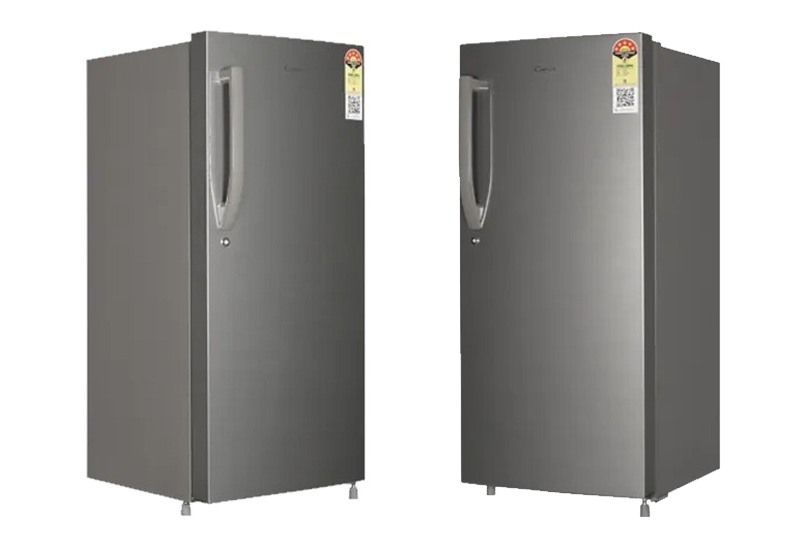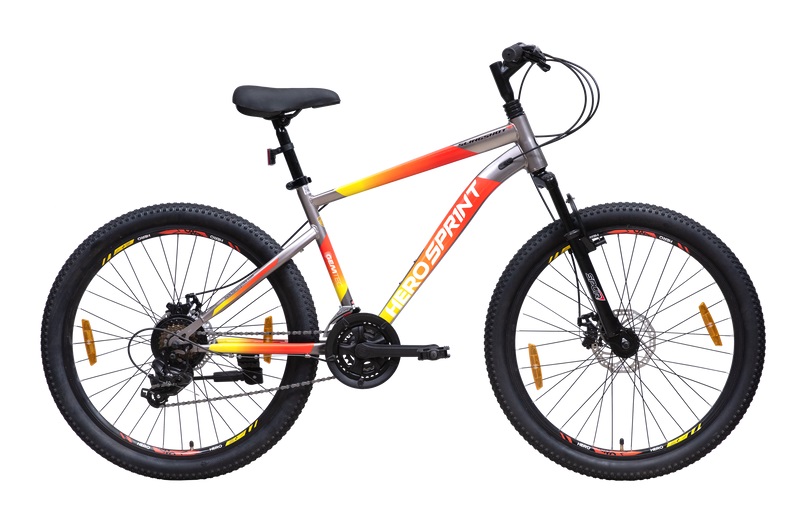Is an Inverter AC Worth the Investment?

As temperatures rise and energy costs increase, the demand for air conditioners is higher than ever. Among the different types of air conditioning systems, inverter ACs have gained immense popularity. But is it worth the investment? To determine this, let’s examine its benefits, energy efficiency, cost-effectiveness, and how it compares to conventional air conditioners.
Understanding Inverter AC Technology
An inverter air conditioner uses variable-speed compressor technology, adjusting its power consumption based on the room’s cooling requirements. Unlike conventional air conditioners, which use a fixed-speed compressor that frequently turns on and off, inverter ACs continuously adjust the cooling process. This results in better temperature control, reduced energy consumption, and a longer lifespan for the unit.
How Inverter AC Works
In a traditional air conditioner, the compressor runs at full speed until the desired temperature is reached, then shuts off. Once the room starts heating up again, the compressor restarts, consuming significant energy in the process. In contrast, an inverter air conditioner adjusts its speed dynamically, maintaining a consistent temperature without turning on and off repeatedly. This smooth operation results in improved efficiency and energy savings.
Energy Efficiency: The Key Advantage
One of the primary reasons people opt for an inverter AC is its energy efficiency. Conventional air conditioners consume more power due to their start-stop operation, while inverter ACs continuously regulate cooling. Studies suggest that an inverter AC can save 30-50% more energy than non-inverter models, depending on usage patterns and external conditions.
For example, a 1 ton inverter AC can provide sufficient cooling for a small to medium-sized room while consuming less power than a conventional unit of the same capacity. This makes it an ideal choice for homeowners looking to reduce electricity bills in the long run.
Factors Affecting Energy Savings
- Usage Duration: Inverter ACs are more beneficial for extended usage. If you use your AC for several hours a day, the savings will be more noticeable.
- Room Insulation: A well-insulated room with minimal heat exchange will enhance the efficiency of an inverter AC.
- External Climate: Inverter ACs perform better in regions with fluctuating temperatures, as they adapt to varying cooling needs efficiently.
Cost Comparison: Initial Investment vs. Long-Term Savings
While the initial cost of an inverter air conditioner is higher than a conventional AC, the long-term savings on electricity bills make it a worthwhile investment. Here’s a breakdown of the cost considerations:
- Higher Initial Cost: Inverter ACs are typically 20-30% more expensive than non-inverter models.
- Lower Energy Bills: Over time, the reduced power consumption offsets the higher purchase price.
- Longer Lifespan: The smooth operation of an inverter AC leads to less wear and tear, resulting in a longer lifespan and fewer maintenance costs.
Considering these factors, a 1 ton inverter AC can prove to be more cost-effective than a traditional AC over a period of 4-5 years.
Performance and Comfort Levels
Apart from energy savings, inverter ACs offer better cooling efficiency and improved comfort levels. Some of the performance benefits include:
- Consistent Temperature Control: Unlike conventional ACs that cycle between on and off modes, inverter ACs maintain a steady temperature, eliminating uncomfortable fluctuations.
- Faster Cooling: Due to variable-speed operation, inverter ACs reach the desired temperature more quickly than conventional units.
- Silent Operation: The gradual speed adjustments of an inverter AC result in quieter performance, making it suitable for bedrooms and offices.
- Eco-Friendly: Lower energy consumption means reduced carbon footprint, making inverter ACs a more sustainable choice.
Suitable for Different Room Sizes
Choosing the right AC capacity is crucial for optimal performance. A 1 ton inverter AC is best suited for small to medium-sized rooms (up to 150 square feet). However, for larger spaces, a 1.5-ton or 2-ton model may be required. Ensuring the correct capacity will enhance efficiency and prevent overloading the unit.
When to Opt for an Inverter AC
- If you use an AC for prolonged hours daily.
- If you want to lower your electricity bills in the long run.
- If you prefer a noise-free and consistent cooling experience.
- If you live in an area with fluctuating temperatures.
Maintenance and Durability
Regular maintenance is essential to keep an inverter air conditioner running efficiently. Here are some tips to prolong its lifespan:
- Clean the Filters Regularly: Dust accumulation can reduce efficiency. Clean or replace filters every few months.
- Check the Outdoor Unit: Keep the external unit free from debris to maintain proper airflow.
- Annual Servicing: Professional servicing ensures optimal performance and detects potential issues early.
- Proper Installation: Ensure the AC is installed by a certified technician to prevent leaks and inefficiencies.
Conclusion
Investing in an inverter air conditioner depends on your budget, usage, and long-term goals. If you’re looking for an energy-efficient, cost-effective, and eco-friendly cooling solution, an inverter AC is undoubtedly a great choice. While the initial investment is higher, the long-term savings on electricity bills and enhanced comfort make it a worthwhile purchase.
A 1 ton inverter AC is a perfect choice for small to medium-sized rooms, offering consistent cooling and lower energy consumption. For those who use air conditioners frequently and seek better efficiency, inverter ACs offer unparalleled advantages over conventional models.
Ultimately, an inverter AC is an excellent investment for those who prioritize energy savings, environmental benefits, and overall comfort in their homes.

 English
English 



